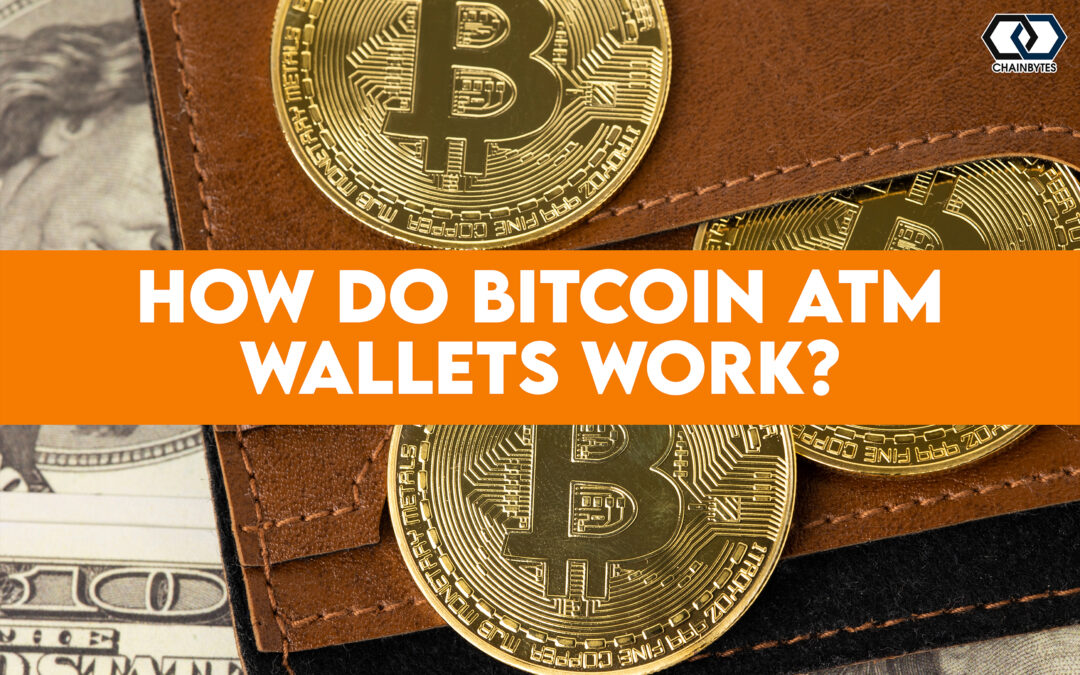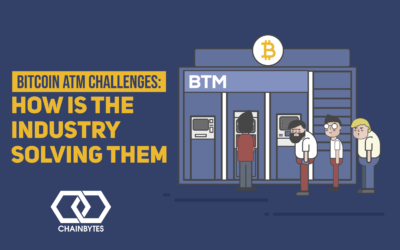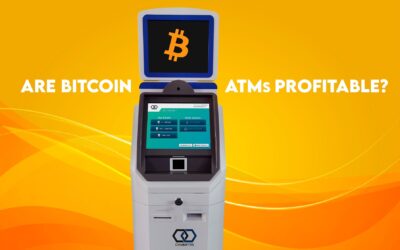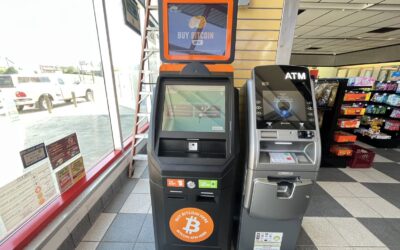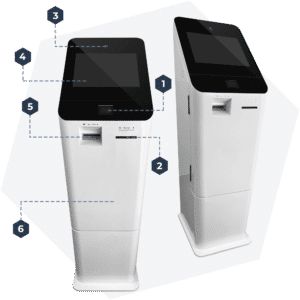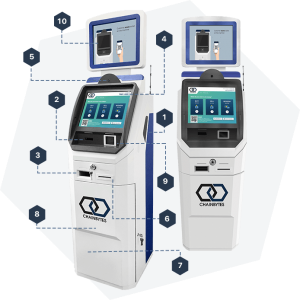If you’re thinking about starting a Bitcoin ATM business or wish to purchase a couple ATMs for your store, it’s important to understand the different types of Bitcoin ATM wallets.
Hot wallet vs cold wallet?
If you’re new to the world of Bitcoins and cryptos, terms like hot wallet and cold wallet might sound confusing at first. In reality, the difference is fairly easy to understand.
- Hot wallets are connected to the Internet. As such, they are available through mobile apps, websites, and exchanges. These wallets offer great usability and user-friendly interfaces.
- Cold Wallets on the other hand, cold wallets are devices that are not connected to the internet. Cold wallets come in different hardware types depending on the brand that you use. Some of these devices connect to the internet, while others use a specific QR code system to avoid having to connect to the internet at all.
Whether you end up using hot wallets or cold wallets depends heavily on the amount and the kind of cryptocurrencies you have and on what you use your cryptos for. In general, hot wallets are much easier and faster to use, while cold storage offers more security. In most cases, people have both hot and cold wallets to have a good balance of security and usability.
Paper wallets and Bitcoin ATMs
Usually, if you want to purchase Bitcoin through a Bitcoin ATM, you’ll have two options on how to get your cryptos. If you have an already existing wallet, you can just scan the QR code of your wallet or enter your wallet address manually. Then once the transaction is ready, the cryptocurrency is automatically deposited into your wallet.
But if it is your first-time purchasing cryptocurrencies, and you don’t have an existing wallet. This is when paper wallets become important. During your purchase the Bitcoin ATM will offer you the chance to print a paper wallet containing the public and private keys that you will need if you want to use your Bitcoins later on.
Keep in mind, though, that while paper wallets offer an easy way of transferring assets, they are not supposed to be used for long-term storage as the paper itself is quite fragile. If you wish to keep your crypto in cold storage, consider purchasing a hardware solution.
Connecting Bitcoin ATM wallets to the operator’s wallet
As a Bitcoin ATM operator, you will have to make sure that your ATM always has a steady supply of cryptos available. As such, you will have to connect a wallet to your Bitcoin ATM.
With the ChainBytes Dashboard, it is a fairly easy task to complete. The wallet that funds your machines will act as a hot wallet meaning that it is connected to the Internet. It also means that you can fund all your machines simply using one main hot wallet. It’s also important to keep in mind that when you’re purchasing a Bitcoin ATM from ChainBytes, your private keys will remain solely yours, so no one but you will own your Bitcoin funds.
Once the set-up is completed, you won’t have to check the balance on your Bitcoin ATM wallets manually as the Dashboard lets you monitor the available level of cryptos in the machine even when you’re away from your business.
Follow us on Social Media:
In the meantime, you can follow us on our channels, visit our website, or call us directly!
Check out our website, https://www.chainbytes.com
Give us a call! +1 (415) 529-5777 or shoot us an email.
Related News
Bitcoin ATM Challenges: How is the Industry Solving Them
The Bitcoin ATM may provide an easy and innovative way to purchase and sell cryptocurrency, but it continues to face some challenges. Cryptocurrencies have become increasingly popular over the past few years, and with this popularity has come to a rise in Bitcoin...
Are Bitcoin ATMs Profitable?
Right now, Bitcoin (BTC) and cryptocurrency adoption is increasing. The total market cap of digital assets hit an all-time high of $2 trillion dollars in 2021. This growth created a demand for new services to help promote the adoption of digital currency. One of...
How Can Bitcoin ATMs Help Your Business?
Looking to get into the next level of being an ATM operator? You may want to consider having Bitcoin ATMs (BTMs) for your business. Getting a BTM can be a good way to increase revenue and offer a unique service to your customers. Basically, Bitcoin ATMs provide an...

